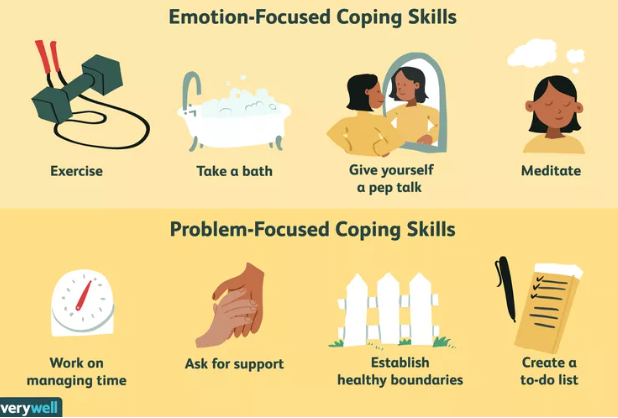From “777” being plastered in casinos to the rumored four-leaf clovers hidden away in a person’s backyard, luck seems to be everywhere and nowhere at once — eluding those who seek it out and blessing those who do not. At the same time, we also dread the so-called harbingers of misfortune — such as the infamous number 13 and shadowy black cats — believing we’ve been cursed by coming into contact with these unlucky entities.
But why? Do any of these symbols truly hold any merit, or is it just in our heads?

A Self-Fulfilling Prophecy
Richard Wiseman, author of The Luck Factor and a psychology professor at the University of Hertfordshire, believes there are indeed “lucky” and “unlucky” people (though not through supernatural activities). Instead, he argues that luck is based on a person’s psychological behavior.
Generally, Wiseman believes there are 5 key traits of lucky people:
- Having an open mind
- Denying fate
- Bouncing back from tragedy
- Trusting yourself
- Being optimistic
So if this is all it takes to increase your luck, why do we obsess over designated symbols of fortune or misfortune?
The answer to this question dates back millions of years ago — back when humanity was still running away from predatory dinosaurs and living in caves. Since people didn’t know if they would survive in such unpredictable and life-threatening environments, they wanted to feel in control of their situation as much as possible. This coping mechanism continues to manifest today in the form of superstitions and rituals, in an attempt to curb any anxieties and worries about the future.

Changing Mindsets
Then, if luck is just a mindset, is it possible to “make ourselves luckier”?
According to Wiseman, “You absolutely can“. Although it can be difficult to break habits of negativity and closemindedness, simply making small adjustments to your everyday life can make a difference in how you think.
Some easy ways to change your routine include:
- Writing down notes of gratitude/how you felt lucky every day
- Taking an alternate route to school or work
- Watching a different TV show than normal
- And many more…

Even incorporating just one of these ideas (or one of your own!) can make a difference in how you perceive the world. All you need to do is believe that luck will come to you.
So, are you feeling lucky?
